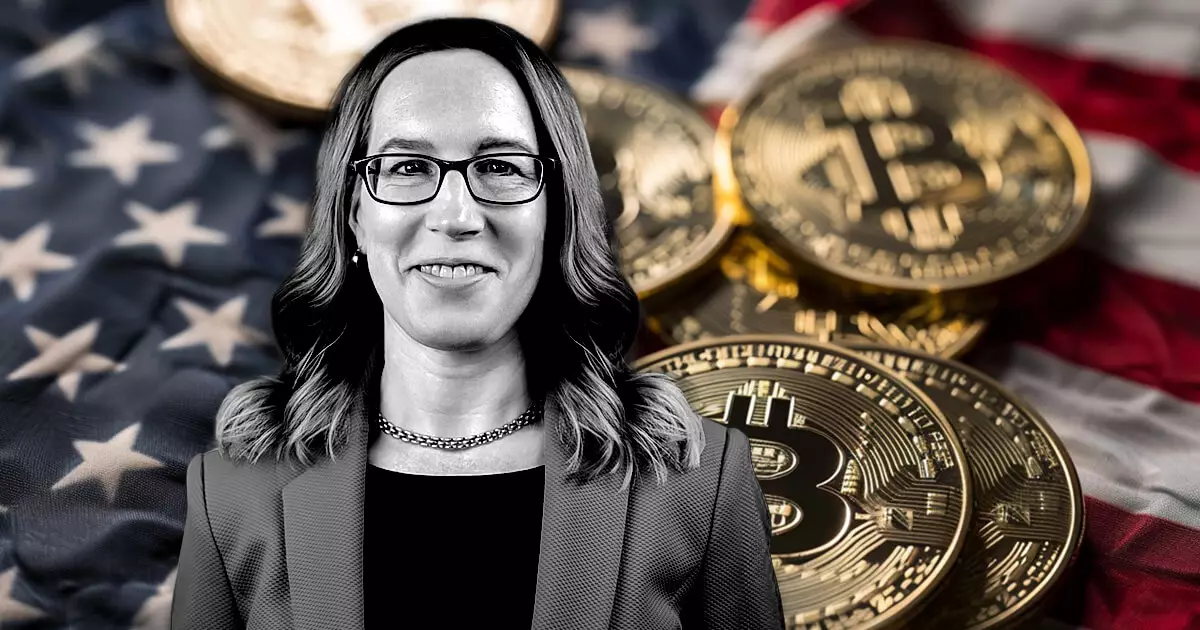The US Securities and Exchange Commission (SEC) Commissioner Hester Peirce has recently voiced her ongoing concerns regarding the SEC’s Staff Accounting Bulletin No. 121 (SAB 121). This came after a speech by SEC Chief Accountant Paul Munter, where he reaffirmed that the Commission’s position on SAB 121 remains unchanged. Despite the growing attention around the regulation, Munter emphasized that the SEC staff’s perspective on SAB 121 has not wavered.
Munter explained that the SEC staff still believes that an entity must recognize a liability on its balance sheet to account for its obligation to safeguard digital assets held for others. This approach, according to Munter, offers investors timely and relevant information to evaluate the risks associated with safeguarding crypto assets for third parties. However, Munter also mentioned some exceptions to this rule. For instance, bank-holding companies that protect crypto assets under bankruptcy protection may not be required to report liabilities. Similarly, broker-dealers that facilitate crypto transactions but do not have control over cryptographic keys might also be exempt from this requirement.
Despite the SEC’s intentions to enhance transparency and improve risk management in the rapidly evolving crypto industry, SAB 121 has raised concerns among industry stakeholders. Many perceive this regulation as an overreach by the SEC. Earlier this year, US lawmakers attempted to overturn the SEC’s guidance, but their efforts were vetoed by President Joe Biden. In response to Munter’s speech, Commissioner Peirce expressed her reservations about both the content and process of SAB 121 on social media. She encouraged others to share their opinions on the policy with her via email.
Nate Geraci, the president of the ETF Store, criticized the SEC for its apparent reluctance to permit regulated financial institutions to custody digital assets. He suggested that the SEC is unwilling to grant these institutions the capability to safeguard cryptocurrencies. Geraci’s remarks highlight a broader skepticism within the industry regarding the SEC’s approach to regulating digital assets.















Leave a Reply